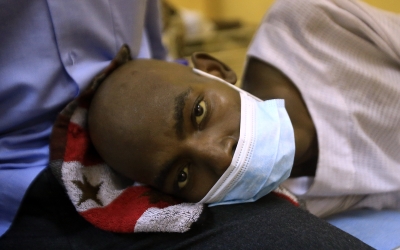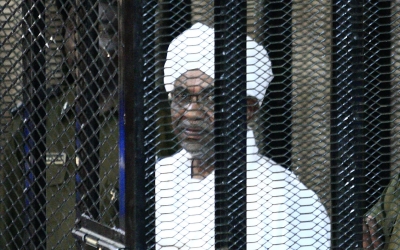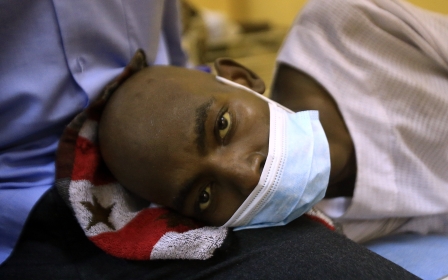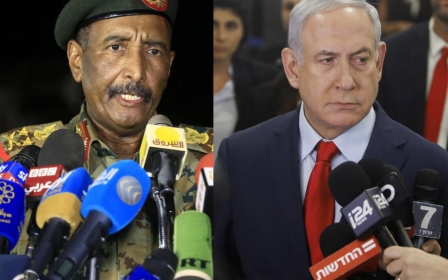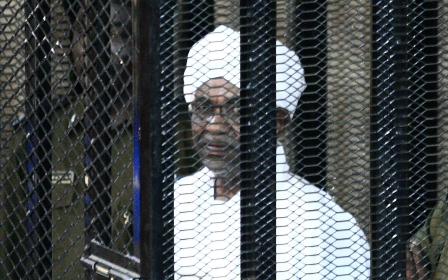Sudan defence minister dies of heart attack at Juba peace talks
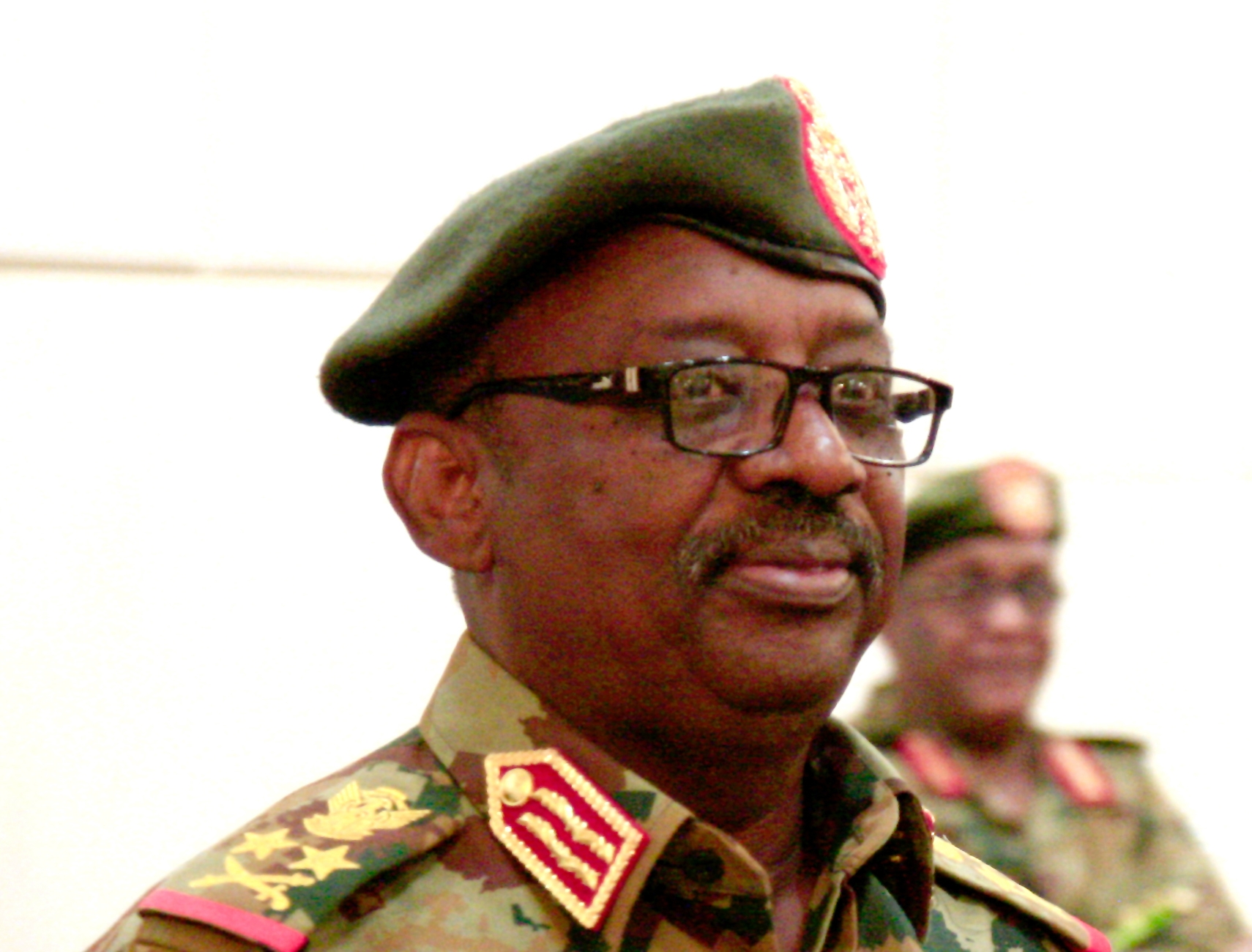
Jamal Aldin Omar Ibrahim, Sudan's minister of defence, died of a heart attack on Wednesday in South Sudan's capital Juba, where he was taking part in peace talks with rebel groups, the army said.
Omar was a member of the military council that took over after toppling veteran ruler Omar al-Bashir last year until a power-sharing deal between civilians and the military to run the country for three years.
He was head of military intelligence under Bashir from 2017 to 2019.
He took a leading role in peace talks that started in October to try to end a series of conflicts in Darfur, southern borderlands and other remote regions.
The talks will now be postponed and Omar's body will be brought back to the Sudanese capital Khartoum later on Wednesday, state news agency SUNA reported.
Omar had "suffered from a number of chronic illnesses," armed forces spokesman Amer Mohamed al-Hassan said without elaborating.
The government delegation in Juba said Omar died at 2.30am (2330 GMT Tuesday) "after a sudden heart attack during the performance of his sacred duty," AFP reported.
'National army'
Born in 1960, Omar was named defence minister after the armed forces toppled Bashir in a palace coup last April following months of nationwide protests.
Before becoming minister, he headed the security and defence committee of the interim government.
Since October, Sudan's transitional government has been locked in talks with rebel groups that fought Bashir's regime in the vast western region of Darfur and in the southern border states of Blue Nile and South Kordofan.
Omar said on Monday that he was confident the two sides would sign a deal to form a "national army", state media reported.
The government has sought to turn the page on Bashir's three decades of iron-fisted rule by bringing an end to the multiple ethnic conflicts that have dogged Sudan almost continuously since independence in 1956.
The conflict in Darfur alone saw 300,000 people killed and 2.5 million driven from their homes as Bashir's government unleashed Arab tribal militias in a scorched earth campaign against ethnic minority groups.
Middle East Eye delivers independent and unrivalled coverage and analysis of the Middle East, North Africa and beyond. To learn more about republishing this content and the associated fees, please fill out this form. More about MEE can be found here.


